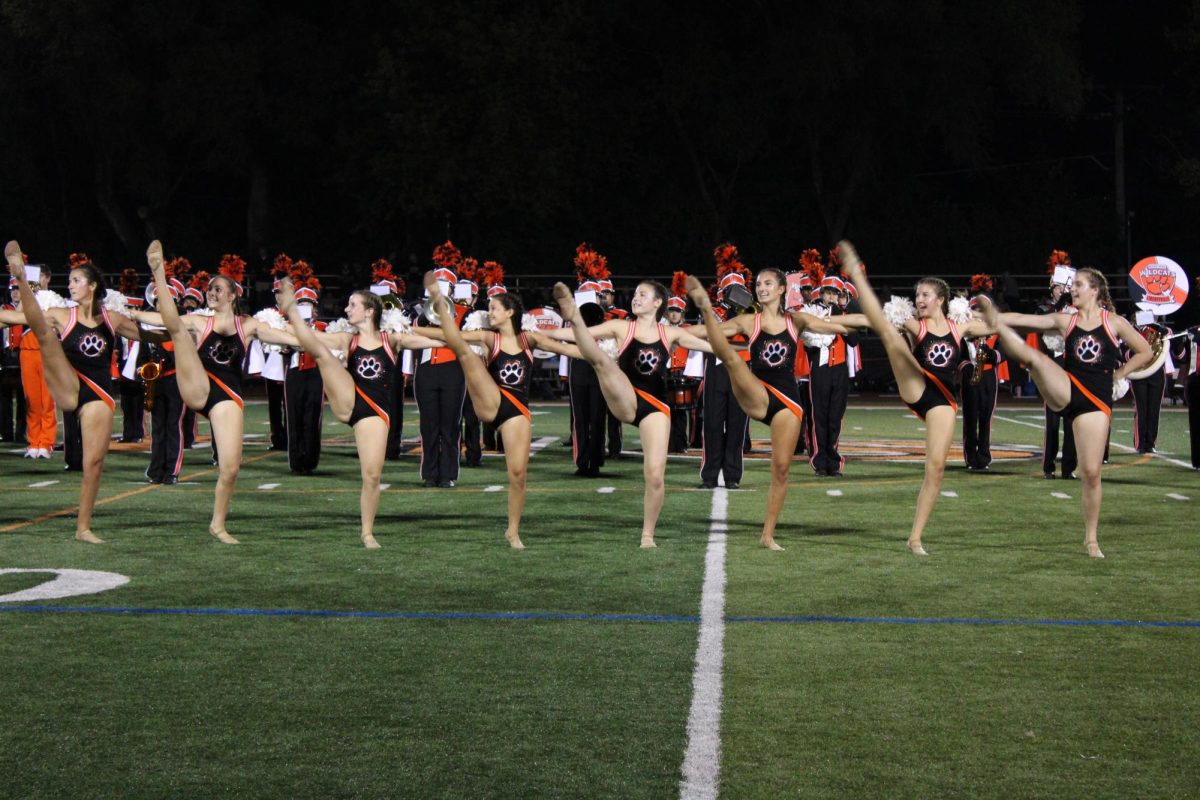Why senior year does not (really) count toward college admission
As many colleges may only see seniors’ grades as “in progress” while considering their admission, doing homework and studying may not be as important as in other years of high school.
April 28, 2016
To start off, I would like to point out the obvious that I am in no way encouraging students to blow off their classes. I am simply entertaining the idea that students can be more lenient in doing their homework and studying in their senior year of high school.
I came upon this notion after receiving an email from the University of Texas in Austin, one of the colleges I applied to, after I notified the admissions office that I had decided to drop a class second semester. The email I received read that the university was “not looking at coursework past the end of your junior year.”
I’m not sure if this is the case for other colleges, however, colleges that have November or December deadlines for admission applications will have senior year grades noted as “in progress,” meaning their decisions will be made on students’ grades from their freshmen through junior years. That got me thinking.
Instead of stressing about grades senior year, perhaps students could take that time to learn more about themselves and spend more time with the friends, whom they will be parting with soon enough. After all, how much could senior year really matter?
It is true, colleges do require a final-year transcript, but only to ensure that you have graduated and passed your courses, which should be an achievable goal for this year anyway. Only a drastic change in senior year grades, dropping required courses, or any negative behavior revealed on this transcript could result in a college’s reconsideration, according to U.S. News and World Report.
Students often stress about the possibility of their second-semester grades resulting in a reversal of decision from their college of choice. But, according to Huffington Post, there are two types of letters students could receive from colleges regarding this subject: one is from an admissions team, which will note a drop in grades or class changes and would like an explanation, and the second is a revoked acceptance without warning.
The former is the most common, but only a drastic change in grades or scheduling (for example, dropping all AP or honors classes for electives) will provoke it. In response, you should acknowledge what you’ve done and explain your reasoning behind it. The latter of the two possible letters is pretty rare and is usually reserved for non-grade-related infractions, like cheating or getting arrested.
I believe, with reason, that junior year is the most important year, and students should focus most of their energy and academic performance on this crucial year. It’s the last full year of high school that colleges see in admission applications, and it should be the year with the hardest course load you can get a “B” or higher in. Your junior year teachers will most likely write your recommendations, and this is the testing year for your ACT or SAT scores, according to PrepScholar.
Although it is important to be consistent with class levels from junior year to senior year (whether it’s AP, honors, or regular), slight grade slippage senior year goes under colleges’ radars, according to Huffington Post. Your grades should simply look similar to years past.
What students should do senior year is go for those tougher classes, as some universities don’t see grades during admissions process and only count the number of honors or AP classes a student is taking that year, according to getmetocollege. This allows students to be able to be more lenient in doing homework and studying, as their grades aren’t seen by most colleges while they are making their decisions.
However, the rigor of these classes may not appeal to some seniors, understandably, so these students can take an easier schedule, but they should fill up that free time with a part-time job, volunteer work, or possibly an internship. This will prove to colleges that a student is using his or her time wisely, even if it is not with school-related studies.
So current and forthcoming seniors, fill up the limited time you have left of high school with even more memories because I’m sure you do not want to remember your senior year as the most stressful time of your life thus far. Take a load off, to some degree, and enjoy the final few months you will have left at LHS with no regrets because it will go by fast.







